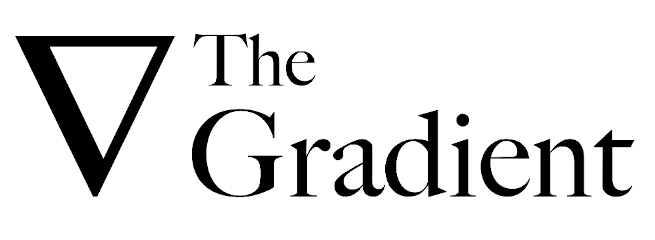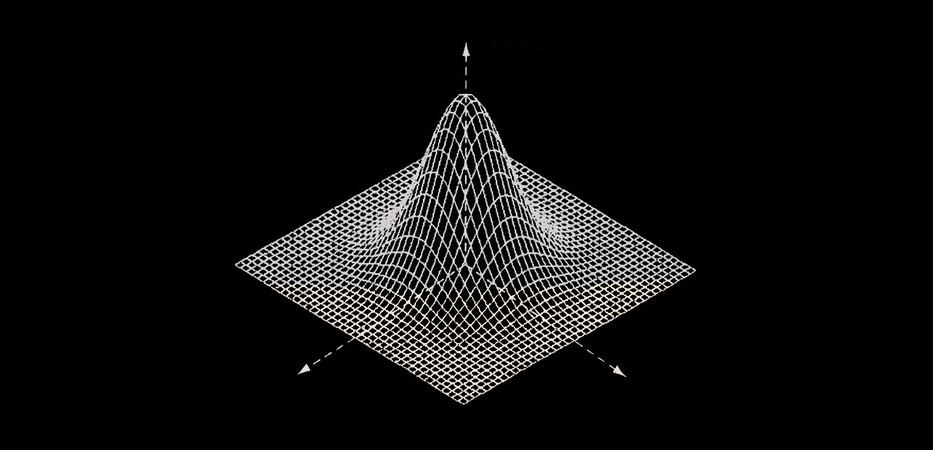I believe… that we are on the threshold of an era that will be strongly influenced, and quite possibly dominated, by intelligent problem-solving machines.
Fifty years later, this era has finally come. Automated, personalized news feeds are redefining the way we interact with media. Advances in computer vision are leading us towards a world of driverless vehicles. Predictive policing is raising serious questions about how we conceptualize and address crime, while the possible threat of technological unemployment looms over the horizon. Taken as a whole, the sheer effectiveness of these “intelligent problem-solving machines” has rightfully become one of the biggest news stories of our time.
But despite AI’s impact and prevalence, only a few non-practitioners understand it beyond a superficial level. More often than not, the cutting edge of AI research is hidden in a rapidly deepening corpus of technically dense papers, with few inroads to the general public. And while the popular media’s interest in intelligent algorithms has been growing, its reporting often loses touch with reality, falling back to science-fiction tropes and sensationalism. Real and pressing issues in the field are being ignored, while the imagined and contrived are consistently overblown.
This is why we are starting The Gradient: to ground the discussion in technical facts. Our mission is to bridge the gap between AI researchers and the public. We aim to accomplish this by two means:
-
Turning the latest research into accessible but technically informed overviews of the state of the art and its future.
-
Providing a platform for critical and well-informed perspectives on artificial intelligence topics by researchers and experts in the field.
The Gradient is a digital publication that cuts through both the hype and the cynicism to offer sober and sophisticated reporting on the latest developments in AI research.
But more importantly, it’s an online community of students, researchers and practitioners in both academia and industry, working together to demystify and democratize our technological future.
Join us.
The Editors

